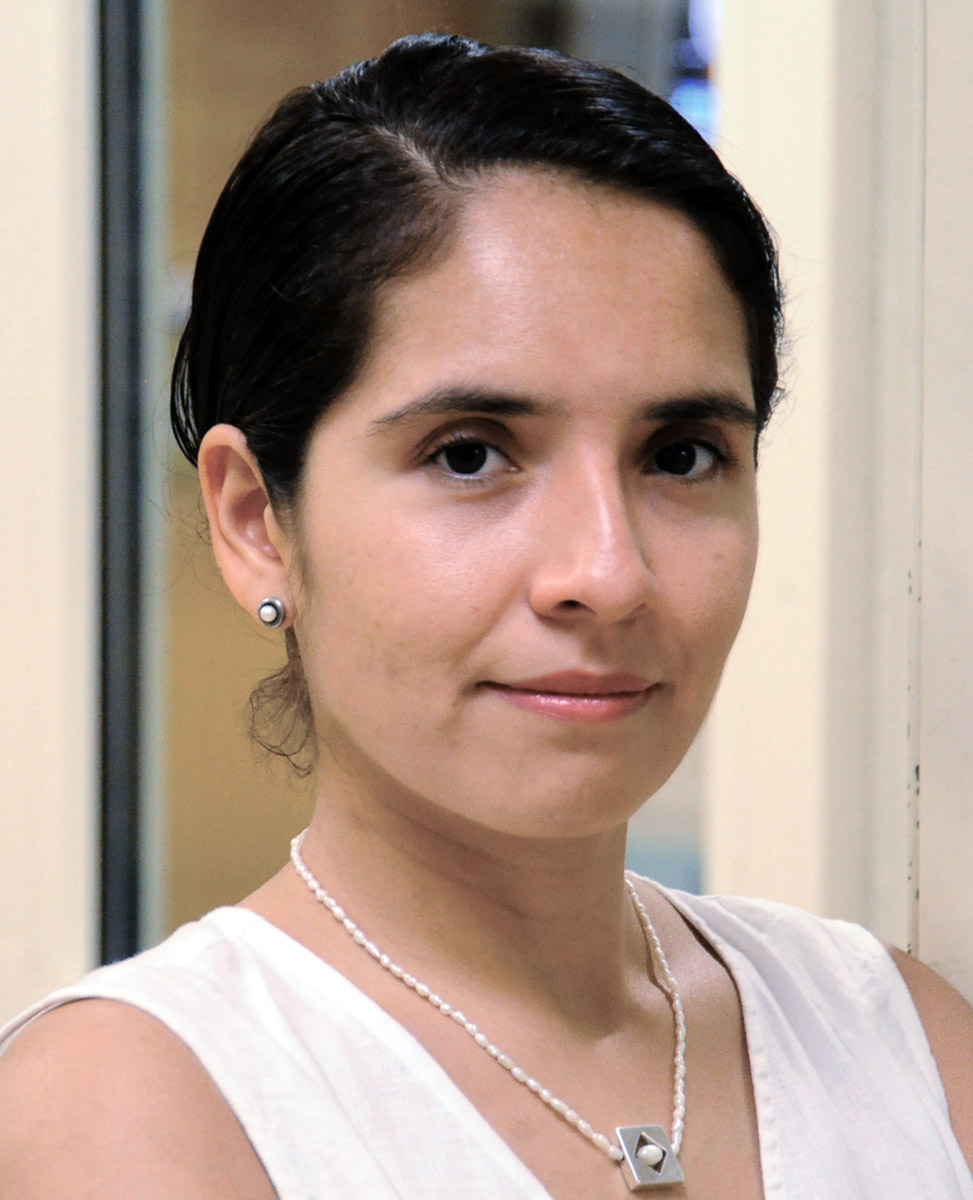Stochastic Modeling
Stochastic Modeling
The stochastic modeling group is broadly engaged in research that aims to model and analyze problems for which stochasticity is an important dimension that cannot be ignored. The group mainly focuses on decision making under uncertainty in complex, dynamic systems, and emphasizes practical relevance.
Standard stochastic methodological and modeling techniques, like discrete and continuous-time Markov chains, renewal and regenerative processes, Markov decision processes, diffusion processes, optimal control theory, queueing theory, discrete-event simulation, and Monte Carlo simulation, are heavily used. However, most research projects, particularly those of interdisciplinary nature, necessitate careful integration of these techniques with methods from statistics (forecasting, machine learning, etc.), deterministic optimization (integer programming, convex optimization, etc.), and economics, (game theory, decision theory etc.)
Recent research focus of the stochastic modeling group has included problems that come out of various applications (mostly from the service industry), healthcare operations, and emergency response systems. In line with this focus, the group has formed interdisciplinary research partnerships with a number of researchers and academics from other academic units within and outside the University of North Carolina and industry.
Collaborative units and institutions include UNC School of Nursing, UNC School of Medicine, UNC Gillings School of Global Public Health, UNC Kenan-Flagler Business School, UNC Health Care, Wake Forest University School of Medicine, NC State Department of Industrial Engineering, NC State Poole School of Management, and IBM.
The stochastic modeling group has also successfully incorporated its research in the courses offered on stochastic modeling primarily through the special topic courses given at the graduate level, the Masters Paper courses, and the Honors theses supervised at the undergraduate level.
Members of the stochastic modeling group have been serving in the editorial boards of journals like Operations Research, Management Science, Queueing Systems, IISE Transactions, Healthcare Management Science, and Mathematical Methods of Operations Research and in professional organizations, (most prominently, INFORMS, the Institute for Operations Research and Management Sciences). Our research is mostly funded through grants from the National Science Foundation. Former students of this group have gone on to have successful careers in academia as well as industry.
Research Topics
Healthcare Systems
- Emergency Response Systems
- Appointment Scheduling and Healthcare Capacity Analysis
- Patient Flow and Hospital Operations
Queueing Design and Control
- Queueing systems with flexible servers
- Priority queues
- Analysis and control of queueing systems in heavy traffic
Service Operations
- Cash replenishment decisions for Automatic Teller Machines (ATMs)
- Control and design of service systems when customers make their own strategic decisions
Special Topics Courses
- Stochastic modeling via distributional fixed-point equations (Olvera-Cravioto)
- Data driven decision models (Kulkarni)
- Analytics: Exploration of the Academic Literature (Ziya)
- Stochastic Models in Health Care (Kulkarni)
- Advanced Topics and Applications in Markov Decision Processes (Ziya)
- Design and Control of Queueing Systems with Applications to Manufacturing and Health Care (Argon)
- Market Dynamics (Kulkarni)
- Modeling and Analysis of Service Operations (Ziya)
Representative Publications
N. Sunar, Y. Tu & S. Ziya
Queueing systems when customers can balk: pooled or dedicated?
To appear in Management Science (2020).
H. Ouyang, N. T. Argon & S. Ziya
Allocation of intensive care unit beds in periods of high demand
Operations Research 68:591-608 (2020).
M. Olvera-Cravioto
PageRank’s behavior under degree correlations
To appear in Annals of Applied Probability (2019).
N. T. Argon & S. Andradottir
Pooling in Tandem Queueing Networks with Noncollaborative Servers
Queueing Systems 87(3):345–377 (2017).
N. T. Argon, C. Deng & V. G. Kulkarni.
Optimal Control of a Single Server in a Finite Population Queueing Network
Queueing Systems 85(1):149–172 (2017).
H. Ouyang, N. T. Argon & S. Ziya
Assigning Priorities, or not, in Service Systems with Nonlinear Waiting Costs.
Submitted to Management Science.
N. Antunes, V. Pipiras & D. Veitch
Skampling for the Flow Duration Distribution
29th International Teletraffic Congress (Genoa) pp. 63-71 (2017).
S. Gavirneni & V. G. Kulkarni
Self-Selecting Priority Queues with Burr Distributed Waiting
Production and Operations Management 25:979–992 (2016).
N. Antunes & V. Pipiras
Estimation of Flow Distributions from Sampled Traffic
ACM Transactions on Modeling and Performance Evaluation of Computing Systems
Article No. 11 (2016).
Liu, X., Q. Gong & V. G. Kulkarni
The Diffusion Model for a Double-ended Queue with Renewal Arrival Processes
Stochastic Systems 5:1-61 (2015).
N. Chen & M. Olvera-Cravioto
Directed Random Graphs with Given Degree Distributions.
Stochastic Systems 3(1):147-186 (2013).
N. T. Argon & S. Ziya
Priority Assignment under Imperfect Information on Customer Type Identities
Manufacturing and Service Operations Management 11(4):674–693 (2009).








